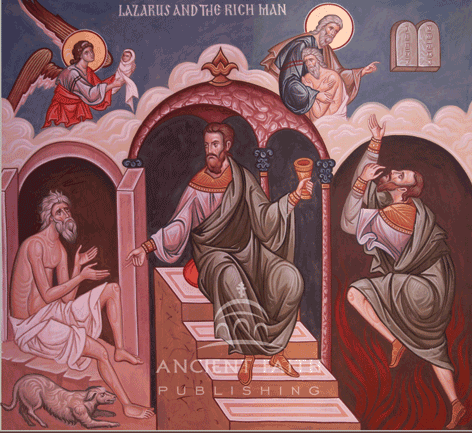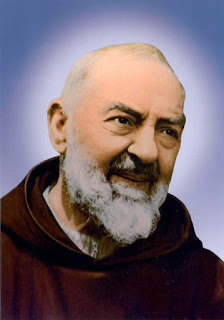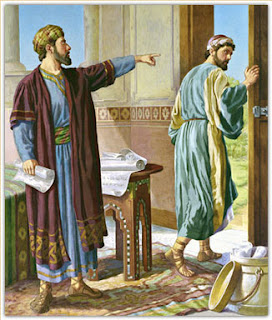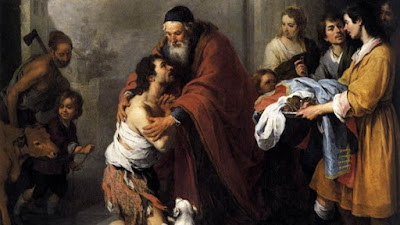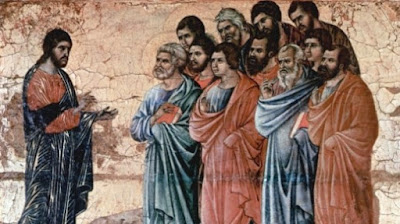Homily for the 26th Sunday in Ordinary Time, September 29, 2016, Year C
Fr. Charles Irvin Senior Priest Diocese of Lansing ( Click here for today’s readings ) You and I are engaged in a common struggle, a struggle against complacency. The struggle is between two spirits, one good; the other evil — spirits that roam about deep within us, below the level of our consciousness. One is the spirit of generosity and self-sacrifice; the other is the spirit of complacency and self-satisfaction. You and I share this common struggle against spiritual inertia and smugness in the loneliness of our hidden souls as we strive to have a modest share and portion of the goodness of God. It’s never easy because the devils we fight against in our souls jam and clog our efforts with the sticky, gooey substance of cotton-candy rationalizations. The devils that beset us are always hiding their vices under the appearances of things that seem attractive and tasteful, in many cases the feeling that we deserve the abundance that is ours. The devil always seeks to mire us d
